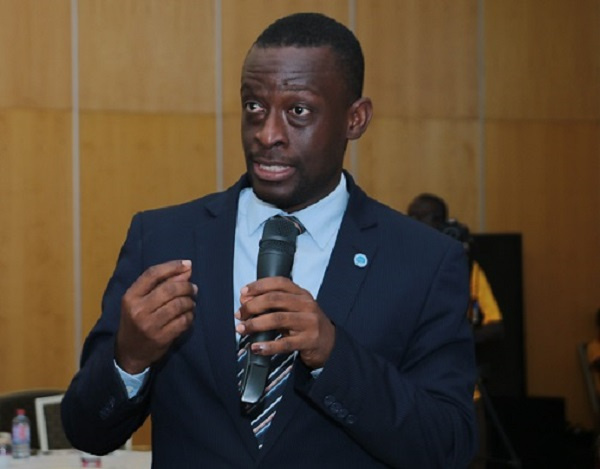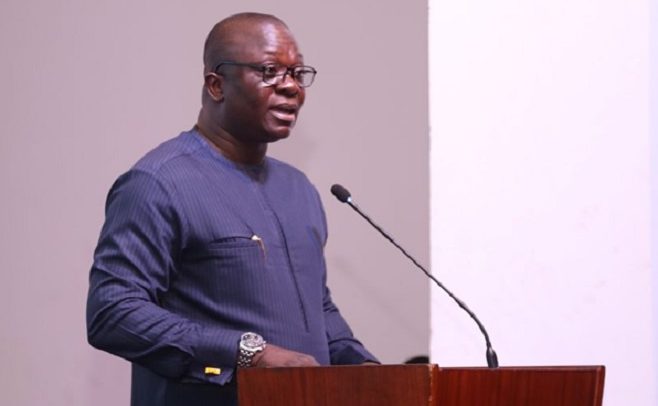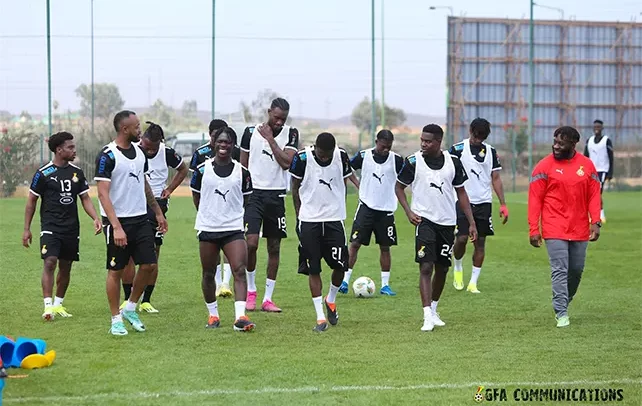
When life throws lemons at you, make lemonade out of them.
The above phrase encapsulates, in a nutshell, the advice from Ambassador Linda Thomas-Greenfield, United States Ambassador to the United Nations to African countries, particularly Ghana.
Ambassador Thomas-Greenfield speaking on the theme, “A Vision for Peace and Progress on Food Security in Africa at the University of Ghana traced Africa’s food insecurity to four key areas; Energy, Conflict, Covid-19, and Climate.
With a breakdown of the statistics from the above-mentioned, she bemoaned how Climate, Conflict, Covid, and Energy are deepening the food insecurity crisis globally, with sub-Saharan Africa being part of those grossly affected.
Particularly for COVID and Conflict. Ambassador Thomas-Greenfield also noted that more than 190million people had been adversely affected and the figures could rise to about 230million.
“I told you over 190 million people were food insecure after COVID. Well since Russia launched their full-scale invasion into Ukraine, we estimate that number could rise to 230 million.
“That would mean that more than 40 million people will have become food insecure since President Putin chose to invade his neighbor and steal their land. That’s more people than the entire population of Ghana.
“Why? Because Russia has systematically captured some of Ukraine’s most productive farmland. They have spoiled fields with mines and bombs, and they have stolen and destroyed vital agricultural equipment and infrastructure. They have even bombed grain silos and are selling grain that we believe was stolen from Ukrainian stockpiles.
“The fact is, this hurts Africa. Russia and Ukraine provide over 40 percent of Africa’s wheat supply. Russia’s blockage of the Black Sea kept over 20 million tons of Ukrainian grain from global markets and threatened food security across the Middle East and Africa.
“Food prices worldwide are 23 percent higher than a year ago. But they hit the hardest in Sub-Saharan Africa, where food consumes 40 percent of household budgets,” she noted.
Commending Ghana’s growth regarding food security and systems, the US Ambassador to the United Nations charged the government to build on its progress in order to become a hub for the provision of food globally in such trying times.
“But amidst all these difficult, generational challenges, there’s an opportunity.
“The food security crisis can be a clarion call both for Ghana and for Africa. This crisis can galvanize the resources, the infrastructure, and the connections needed to make this country and this continent your own breadbasket.
“To provide your own food to your people — and, perhaps, to the rest of the world.”
“Despite some malnutrition challenges in parts of the north, Ghana is now a leader on this continent for food security and food systems. You have a strong base to build on.
“But in my mind, Ghana is nowhere near its peak. Nor is Africa more broadly. Ghana can supply even more local food. It can become an agribusiness hub. It can become a breadbasket for the world,” she added.
She advised that multiple partnerships be adopted while new policies are put in place to help bridge the food insecurity gap.
“It will mean calling on the large and prosperous African diaspora to help you make progress. Efforts like the 2019 Year of Return are a great way to unlock the potential of that diaspora, which has billions of dollars and vast troves of priceless experiences to offer.
“It will mean partnering with governments, with NGOs, and with agribusinesses,” Ambassador Thomas-Greenfield intimated.
By Laud Adu-Asare |3news.com| Ghana
Read Full Story


















Facebook
Twitter
Pinterest
Instagram
Google+
YouTube
LinkedIn
RSS